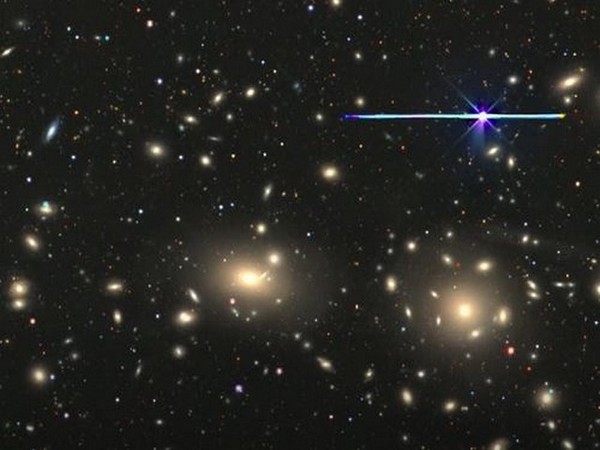

Researchers described a model of dark energy which suggests that the currently observed accelerated expansion of the universe could end as soon as 100 million years from now, at which point the universe would smoothly transition to a phase of slow contraction.
The study was published in the Proceedings of the National Academy of Sciences of the United States of America (PNAS).
Although the universe is expanding at an accelerating rate today, this study presents a simple mechanism by which a dynamical form of dark energy (known as quintessence) could cause the acceleration to come to end and smoothly transition from expansion to a phase of slow contraction.
That raises the question, how soon could this transition occur? And at what point would it be detectable? The conclusions are that the transition could be surprisingly soon, maybe less than 100 million y from now, and yet, for reasons described in the main text, it is not yet detectable today.
The scenario is not far-fetched. In fact, it fits naturally with recent theories of cyclic cosmology and conjectures about quantum gravity.
If dark energy is a form of quintessence driven by a scalar field evolving down a monotonically decreasing potential that passes sufficiently below zero, the universe is destined to undergo a series of smooth transitions.
The currently observed accelerated expansion will cease; soon thereafter, the expansion will come to end altogether; and the universe will pass into a phase of slow contraction.
The results of the model are consistent with current observations and with recent theories of cyclic cosmology, in which the universe alternates between periods of expansion and contraction, according to the authors Cosmin Andrei, Anna Ijjas, and Paul J Steinhardt.